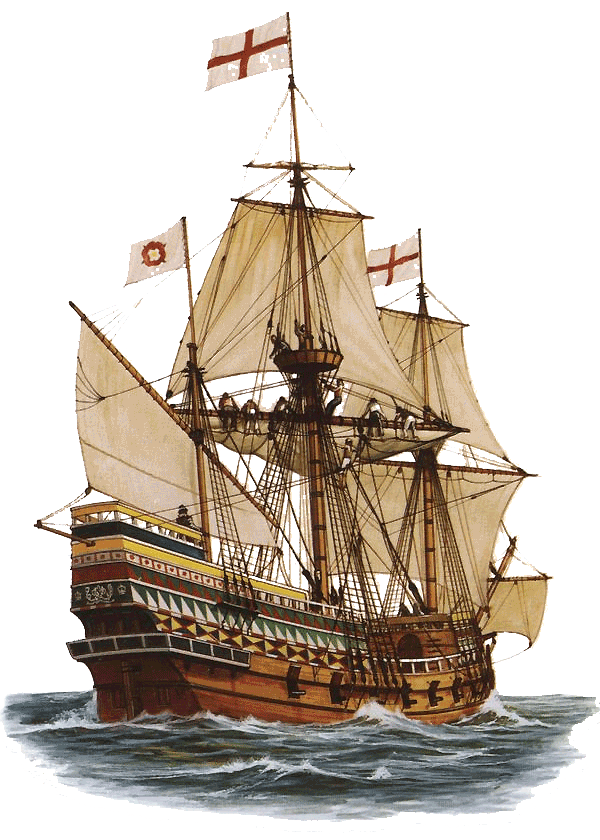Bay- First But Could not be First
- Gilbert Miranda
- May 31, 2016
- 2 min read

Laguna’s historical past show that Bay was the first capital of Laguna. It held the distinction in 1580, only nine years after Captain Juan de Salcedo landed in Bay on August 29, 1571. The seat of the province was then moved to Pagsanjan in 1863. That was three years after Regent Queen Maria Cristina signed a Royal Decree that created and classified 19 civil provinces in the Philippines, which included Laguna.
Other records revealed that in 1582, the then Province of Manila was enlarged to include Rizal, Laguna, Tayabas, Batangas and Mindoro and its capital was Tondo.
How could then Bay be the capital of Laguna, when Laguna is not yet a province and is still under the jurisdiction of the enlarged Province of Manila, which capital is Tondo?
If ever Bay was really the first capital of Laguna, which Bay was this? It could not be the town of Bay, which now lies between its two former barangays (town units during the Spanish colonization were called Barangay. Only during the American occupation did they called it "Barrio"}− Los Baños and Calauan. Older history records say that Gat Pangil ruled Bay before the Spaniards came. Pangil’s dominion allegedly covers a big vast of land that hugs the shore line of Laguna de Bay. That would be from Tunasan (now San Pedru) to Guiling-guiling (present day Siniloan). Some writings say that it even extends up to Mauban, Quezon. Obviously, the name of Panguil’s dominion “Bay” came from the Tagalog word “Baybay” or “Baybayin” which means shoreline.
Practically the area covers almost the whole of the present day Province of Laguna. Almost its entirety.
Could Bay be the capital of itself?
Pagsanjan’s becoming the capital of the province almost 300 years later, a few years after Laguna was proclaimed and classified a First Class province with eighteen others by Regent Queen Maia Cristina sounds more logical.
Have our historical records gone haywire? Shall we review and reorganize our historical records for the sake of the future generation?



























Comments